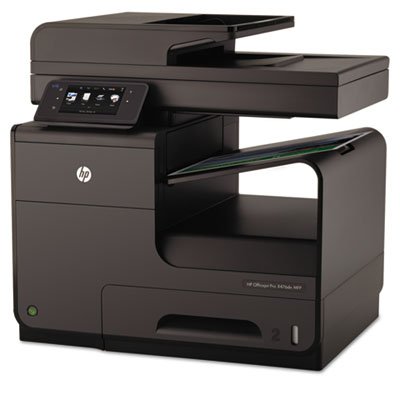About 10 years ago, as multiple technologies were emerging and converging, I decided to change the name of my business from PC DOC to the Technology Services Resource Group. At that time, I could foresee that computer support professionals needed to re-tool and become technology support professionals. Even before the business name change, I had people asking me to “take a look at” their appliances, televisions, home stereos, and just about anything electronic.
In the 1980s and 1990s, fax machines and copy machines were purchased from and serviced by office supply vendors. It was common to enter an office, fix the computers, and not be asked to fix the fax or copy machine. Someone else was in charge of that.
Later, these office devices were designed to connect to a computer. As a result, computer technicians were asked to support these devices as well.
Eventually multifunction devices replaced separate multiple office systems and combined them in one. The HP Office Jet Pro X476dw all-in-one shown above is an example of such a device.
In recent years, Wireless networks have become a hub to various Internet connected electronic devices. So, computer support people are expected to support these devices as well.
Early on, website software was considered to be just another application, like spreadsheets or word processing, that computer technicians would help people with. As websites became more media rich, it was assumed that the person helping you with your website would also have skills with graphic design, photography, and video production.
With mobile devices and very blurred lines between hardware, software, and web delivery of multi-media content, technical support people are called upon to provide support for a wide array of systems.
This is how today we arrive at a perception that technology support people will have familiarity and expertise with a wide range of hardware, software, and media production tools.
The term IT (which stands for Information Technology) is just as relevant today as it was decades ago. The tools we work with today are information tools. However, the conception that most people have is that IT systems are limited computer systems. So, it makes sense that we create new names that are more identified with today’s broad range of technologies and systems.
There’s a funny exchange from the television series The IT Crowd, in which there is a discussion about what IT means. You can see the video clip below.
